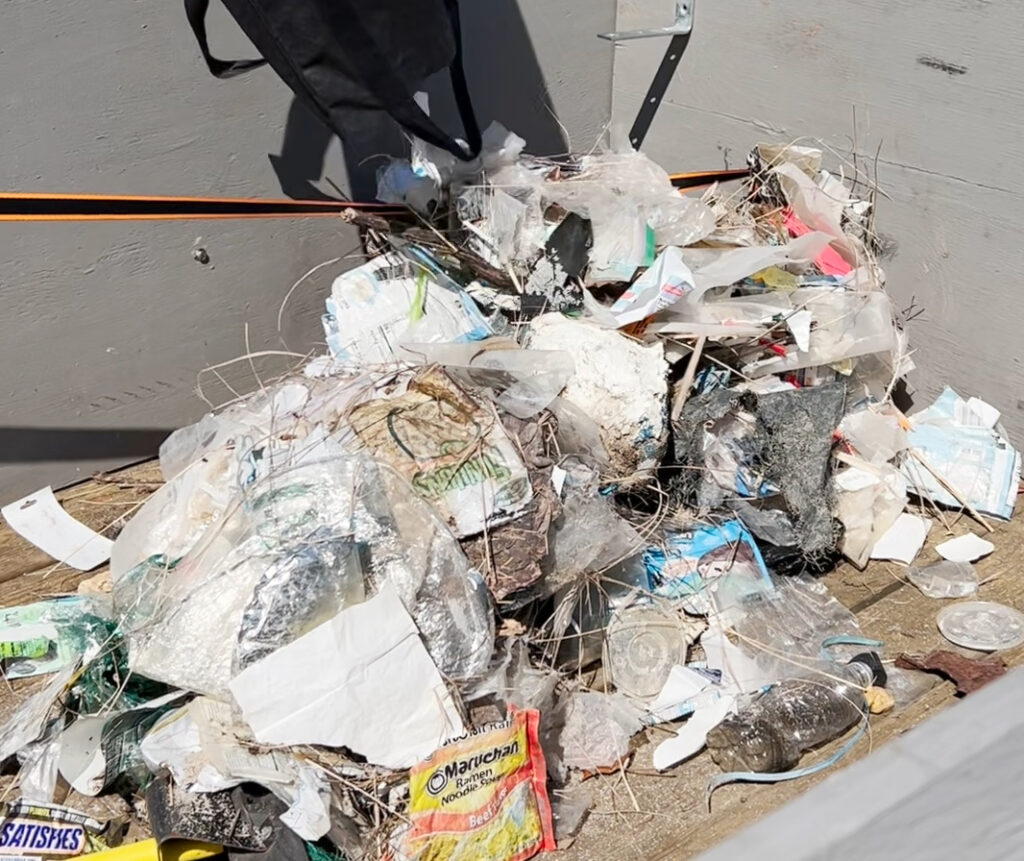Guest Column: We must act now to protect our water

The recent closing of Veterans Memorial Park beach due to high concentrations of dangerous bacteria should alert all residents of Southold to the precarious state of our water resources.
There are many possible sources of water contamination, including wildlife, farm and lawn run-off, road and highway runoff, and, of course, the overwhelming problem of household waste. Regardless of the exact cause or causes of the catastrophe in Mattituck, this incident must serve as a wake-up call. Our drinking water and our surface waters — the bays, creeks, the Sound — are being polluted, especially by excess nitrogen and, in some places, biological pathogens. The town must take action now.
We play, we fish, we boat, we eat and drink from the waters that surround us. Water sustains us, and the abundance of waters make this place so special. But the quality of those waters is threatened to the point of near catastrophe.
About half of our town relies on private wells for household water. Excess nitrogen in groundwater can seep into our wells and make our drinking water unsafe. Flowing into our bays, excess nitrogen leads to algae blooms that destroy marine ecosystems, and can even be directly toxic to humans. Biological pathogens can cause intestinal illness and other significant health problems. Throughout Southold we are reaching critical levels of nitrogen and pathogens that have repeatedly led to the closing of areas to swimming, fishing and shellfishing. These patterns are steadily getting worse. As our building and usages become more intense, the problems are magnified. We need to cut back dramatically on the nitrogen and pathogens we release into our groundwater and into our bays.
Like bacterial pollution, nitrogen in our waters comes from several sources. These include the atmosphere and runoff from landscaping and farms. But on average, the wastewater from our homes is the largest source of nitrogen, more than 33% overall. We need to find ways to manage many of these nitrogen sources to fully address the problem. But reducing the excess nitrogen and pathogens in our household wastewater is something we can begin to do right now.
Except for the Village of Greenport, the Town of Southold does not have sewers. We rely on private septic systems to handle our wastewater. Many of these are cesspools, a 15th-century technology. The rest are septic tanks, a “modern” approach from the 1800s. These methods rely on seepage, time, dilution and pumping (rarely done) to dissipate our wastes, but do nothing to control nitrogen or pathogens. When we flush our toilets, these are released into the groundwater and make their way into our wells, bays, creeks and the Sound, sometimes in as little as a few days.
There are I/A — innovative/advanced — septic systems that can be installed at residences which significantly reduce the amount of nitrogen and pathogens released into the groundwater, in many cases by as much as 75%. These systems take a bit more maintenance and can cost a few hundred dollars a year to operate. While their list price adds between $12,000 and $20,000 over the cost of conventional systems, which average about $15,000, there are subsidies available from the county and the state that reimburse almost all of the additional costs for replacement systems. And these systems dramatically turn around the pollution problem. They have been approved by the Department of Health, and have track records of success in other communities.
To their credit, the town trustees have, on occasion, required the use of I/A systems when an applicant sought a permit for a house within 100 feet of the bluff or a bay. But in general, the Town of Southold has done virtually nothing to require, or even encourage, the installation of these I/A systems. The town has it in its power to make these the standard under our building codes. A year ago, in approving a single system, the Town Board said it would be looking into the problem. But it has not acted.
We need to make I/A systems the mandated standard for all new construction in Southold. Adding $12-20,000 to a $500,000 construction project will not stifle home building. We also need to require that a failed cesspool or septic system cannot be replaced in kind, but must be upgraded to an I/A system. And remember, there are currently subsidies to absorb most of the additional costs. Finally, we need to identify those areas in the town where pollution risk is most critical, and explore additional inducements, including help with maintenance costs, to incentivize homeowners to replace their aging, ineffective wastewater systems. The changeover is an investment in our community, and some of the costs should be borne by the community.
Other towns across the East End have already begun to take these steps. We cannot afford to do otherwise. The proposed approach is incremental, and will take years to fully implement. But the problem has been many decades in the making. Every new I/A system slows the rate of increased pollution, every replaced system reverses it. If we do nothing, the damage will only escalate.
When asked what brought him to Casablanca, Rick (Humphrey Bogart) — in that classic movie — said he came for the waters, but was misinformed. Many of us also came to Southold and stay here for the waters. Unless we act now to protect them, we will also find ourselves in a virtual desert of undrinkable, unusable water.
Mr. Hanlon is a Democratic Party candidate for the Southold Town Board.








